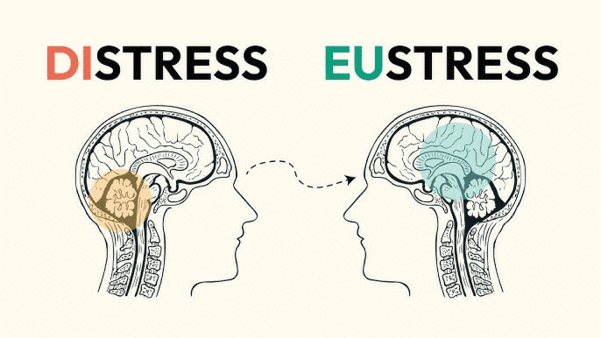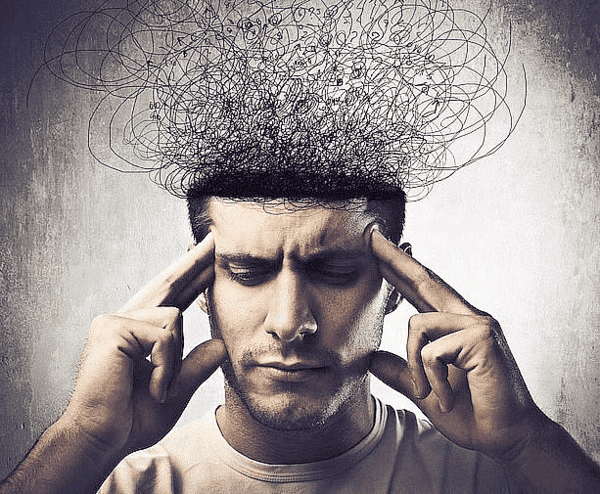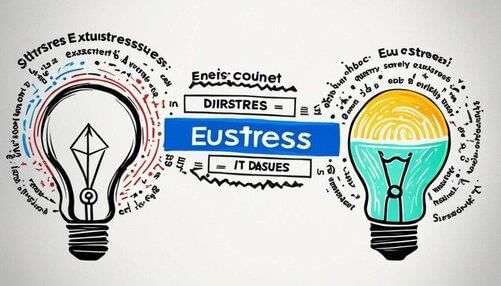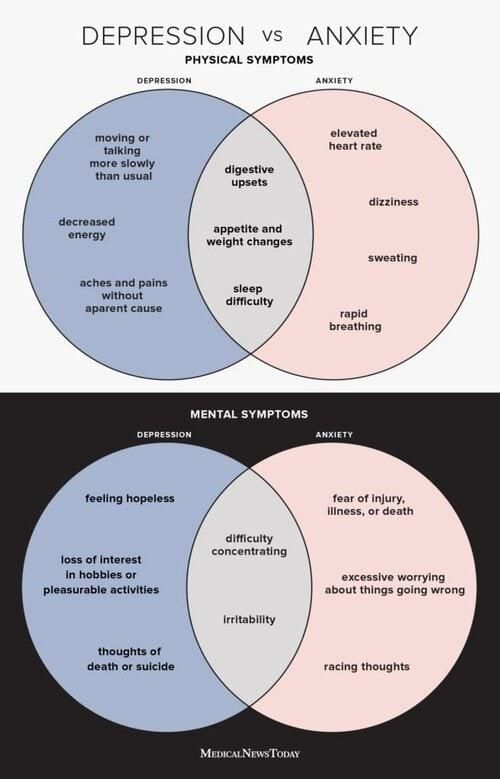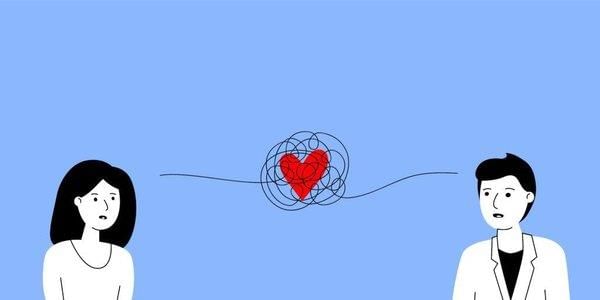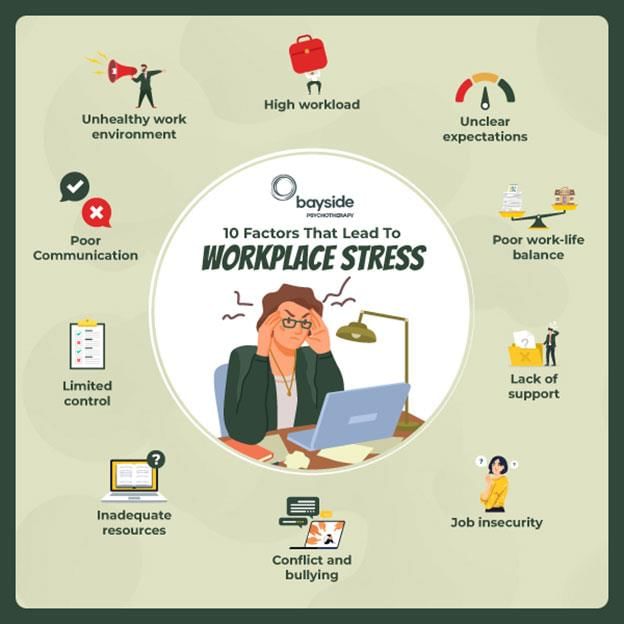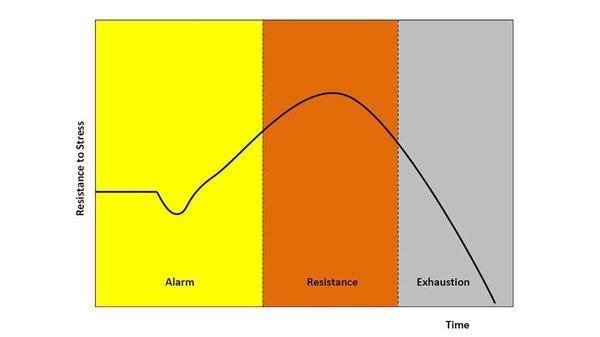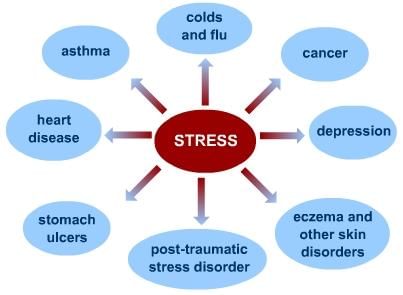|
What are the two main types of stress, and how do they differ in their effects on individuals? |
Card: 1 / 36 |
|
The two main types of stress are eustress and distress. Eustress is beneficial, motivating individuals and helping them achieve optimal performance, while distress is harmful, hindering coping abilities and leading to emotional, mental, and physical exhaustion.
|
Card: 2 / 36 |
|
The term 'stress' originates from the Latin word 'strictus,' meaning tight or narrow, and the verb 'stringere,' which means to tighten, reflecting the feelings of tightness and muscle constriction often associated with stress.
|
Card: 4 / 36 |
|
True or False: Stress only has negative effects on individuals regardless of the circumstances. |
Card: 7 / 36 |
|
False. While stress can have negative effects, eustress is a type of beneficial stress that can enhance performance and motivation. 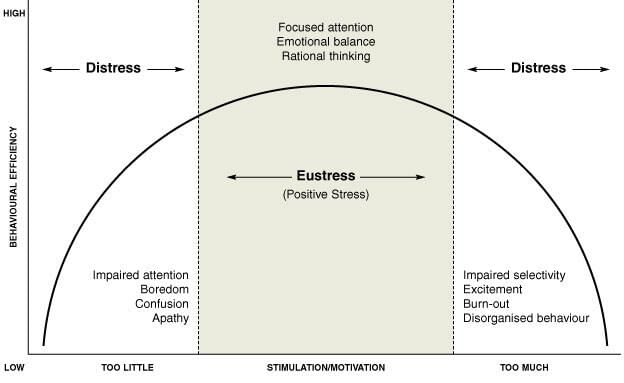 |
Card: 8 / 36 |
|
What is the significance of primary and secondary evaluations in the stress response process? |
Card: 9 / 36 |
|
Primary evaluation assesses whether a situation is perceived as positive, neutral, or negative, focusing on potential harm, threat, or challenge. Secondary evaluation involves assessing coping mechanisms and available resources to address the identified stressors, influencing emotional and behavioral responses. 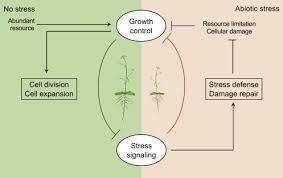 |
Card: 10 / 36 |
|
Fill in the blanks: Psychological stress originates from ___ and can include feelings of ___ and ___. |
Card: 11 / 36 |
|
Internal pressures are self-imposed beliefs and expectations that are often unrealistic, leading to disappointment and increased stress when not met.  |
Card: 14 / 36 |
|
Fill in the blank: Social stress can result from events such as ___ or the loss of a ___ family member. |
Card: 15 / 36 |
 Unlock all Flashcards with EduRev Infinity Plan Starting from @ ₹99 only
|
|
Fill in the blank: Hassles include day-to-day stressful situations such as ___ and ___. |
Card: 19 / 36 |
|
Emotional stress can lead to mood swings, emotional instability, distancing from family and friends, and negative impacts on self-confidence and self-esteem. |
Card: 22 / 36 |
|
Fill in the blank: High levels of stress can result in feelings of ___, ___, and ___ due to physical exhaustion. |
Card: 23 / 36 |
|
True or False: Stress has no impact on cognitive functions such as memory and decision-making. |
Card: 25 / 36 |
|
False. Excessive stress can hinder cognitive abilities including memory, decision-making, and concentration. 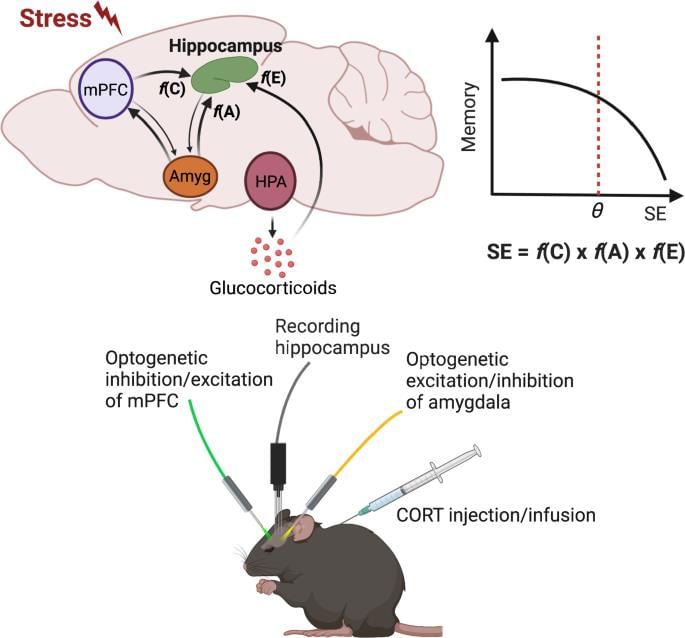 |
Card: 26 / 36 |
|
Stress can lead to the release of hormones like cortisol and adrenaline, resulting in increased heart rate and blood pressure. 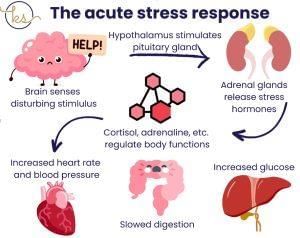 |
Card: 28 / 36 |
|
Fill in the blank: The General Adaptation Syndrome (GAS) describes the body's response to ___ and includes stages such as alarm, resistance, and exhaustion. |
Card: 29 / 36 |
|
Multiple Choice: Which of the following is a condition often exacerbated by stress? A) High blood pressure B) Improved memory C) Enhanced concentration D) Increased energy |
Card: 31 / 36 |
|
Burnout is a state of physical, emotional, and mental exhaustion that results from prolonged exposure to stress. |
Card: 34 / 36 |
|
Fill in the blank: Between ___ and ___ percent of medical appointments are related to health issues caused by stress. |
Card: 35 / 36 |





